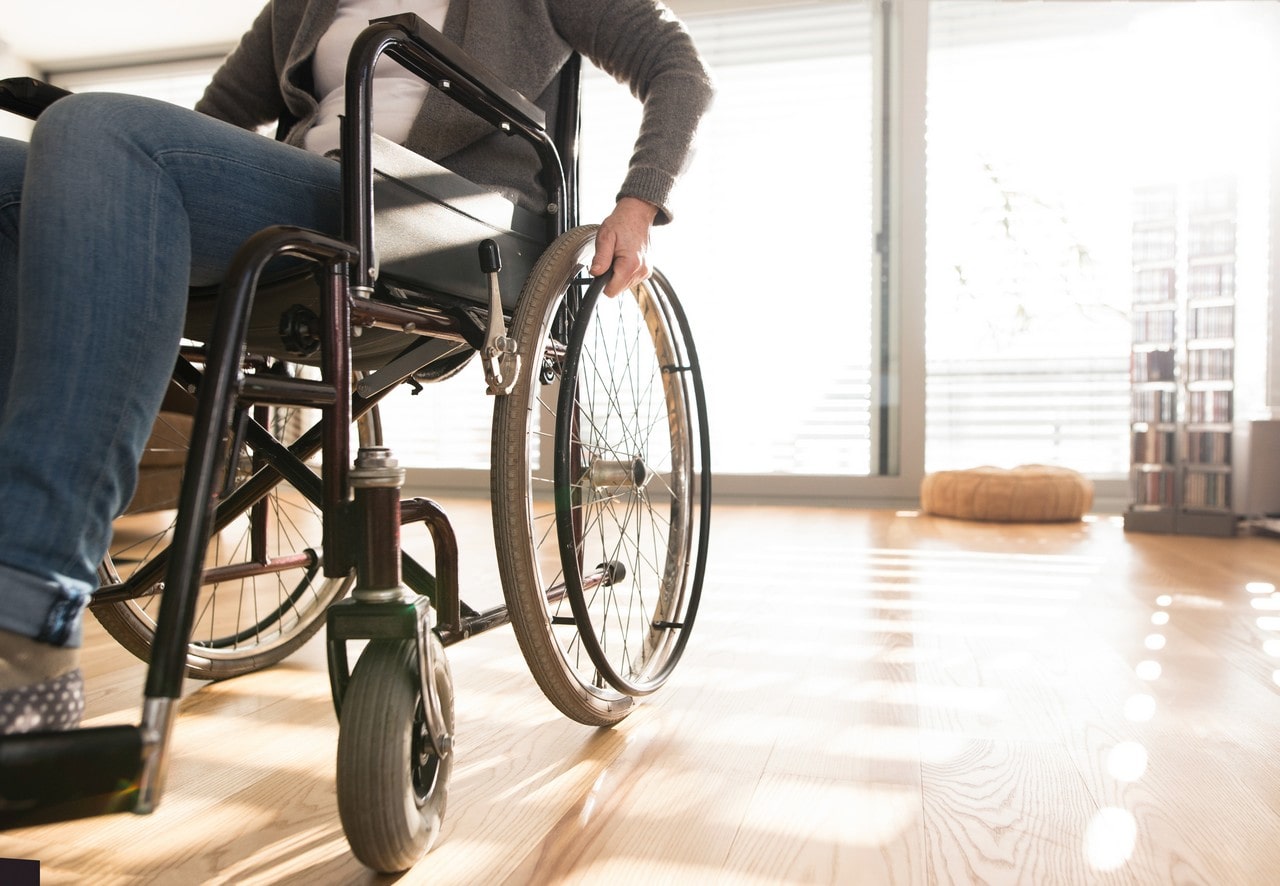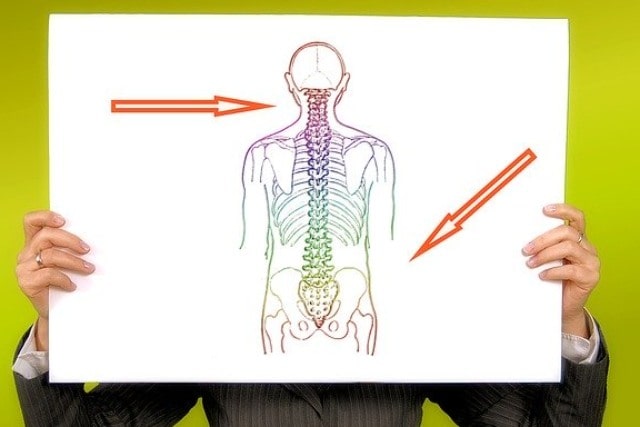
Vermont vs. New Hampshire Ski Law Differences






Your Rights and Responsibilities When Skiing in New Hampshire and Vermont
Skiing in Vermont and New Hampshire delivers some of the East Coast’s most exhilarating terrain—and also presents important differences in legal protections and responsibilities. Understanding the full extent of your legal options and acting swiftly can be the key to protecting your ability to recover compensation for medical expenses, lost income, and other losses after a ski accident.
When you’re hurt due to someone else’s negligence on the slopes, your rights and options depend on the specifics of Vermont vs. New Hampshire ski law differences. At Sabbeth Law, we have extensive experience helping injured skiers navigate the aftermath of ski injuries, and we know firsthand how understanding these state-specific legal distinctions can mean the difference between a successful claim and a lost opportunity for compensation.
In this guide, we’ll walk you through the injuries that commonly occur due to negligence, what rights you have under each state’s law, and what steps to take after an accident. Our team is here to guide you through every challenge so you can focus on recovery while we focus on your rights.

Introduction to Ski Laws in Vermont and New Hampshire
Hitting the slopes in Vermont or New Hampshire involves stepping into two distinct legal landscapes that can greatly affect your rights after an accident. Every skier, resort operator, and property owner needs to be aware of these differences because they influence everything from trail sign requirements to the way liability is determined if an injury occurs.
Both Vermont and New Hampshire have detailed statutes governing ski safety. In Vermont, the Vermont Sports Injury Statute (12 V.S.A. § 1037) clarifies that while skiing is inherently risky, skiers may still seek compensation if someone else’s negligence played a role. New Hampshire’s Ski Area Responsibility Act (RSA 225-A) is more restrictive, emphasizing personal responsibility but still leaving room for legal claims in certain circumstances.
These statutes can influence everything from accident documentation to potential legal outcomes. By understanding the relevant legal framework, you can approach your ski day with better awareness and protection.
Contact UsComparing Skier Rights and Responsibilities
The distinction between Vermont and New Hampshire ski law differences becomes especially apparent when you look at skier rights and responsibilities. These laws affect not only how you ski, but what happens if you’re injured, your obligations in an accident, and your ability to recover damages.
Different Standards of Responsibility
Vermont law accepts that skiing carries risks but maintains that ski resorts and others can be held liable for preventable harm—such as unmarked hazards or a lift operator’s negligence.
In New Hampshire, the law places more responsibility on the skier to avoid injury and more robustly shields resorts from claims, especially if the injury resulted from “inherent risks.”
Skier-to-Skier Obligations
Both states require skiers to exercise care for others, but Vermont allows for claims against skiers whose negligence causes injury, while New Hampshire’s higher “assumption of risk” threshold makes such claims more challenging to win. This complexity echoes the nuance found in other areas of accident law, such as truck and car accidents.
Environmental Stewardship and Backcountry Access
Vermont has stricter requirements about respecting environmental conditions and trail closures. Skiers are expected to follow closures enacted for conservation. New Hampshire’s law is safety-centric and more permissive for backcountry access, but with the caveat that all risks are assumed by the skier in unpatrolled areas.
Reporting Requirements
Vermont mandates exchanging contact details after a collision; New Hampshire extends this requirement to reporting the event to ski patrol or resort management. Prompt reporting is critical, especially when evidence may quickly be lost.
Understanding these details matters. In Vermont, you may have a stronger path to legal recourse if another skier’s reckless behavior caused your harm. New Hampshire’s system still offers protection—but under a much narrower set of circumstances. At Sabbeth Law, we carefully analyze your case, identify the applicable laws, and advise you on the best path forward based on where your ski accident occurred.

State-Specific Liability Standards and Safety Regulations
How each state handles liability after a ski accident can profoundly affect your case. Vermont implements comparative negligence. This means you may still recover damages even if you share some fault, as long as your percentage of responsibility does not exceed that of the other party.
This nuanced approach was clarified in Dalury v. S-K-I Ltd., where the Vermont Supreme Court ruled that resorts cannot use blanket waivers to avoid responsibility for clearly preventable hazards or unsafe premises.
New Hampshire, through its Ski Area and Passenger Tramway Safety Act, leans heavily on the doctrine of inherent risk. Skiers are expected to accept most dangers as part of the sport, meaning lawsuits against resorts are less likely to prevail unless there is egregious misconduct outside those inherent risks.
The regulatory approach also varies: Vermont oversees resorts through regular inspections, safety protocols, and incident reporting requirements. For example, a resort in Vermont was found liable for inadequate trail markings, affirming strict expectations for ski area operators in the state. New Hampshire, by contrast, relies more on industry self-regulation and provides ski resorts with increased flexibility in safety practices.
This impacts every step of building a case—from evidence gathering to determining what evidence is even relevant. We underscore the importance of timely action and meticulous documentation, especially in states with more restrictive statutes like New Hampshire.
Contact UsSafety Tips and Guidance for Ski Enthusiasts in VT and NH
Staying safe on the mountain requires more than skill. When you’re skiing in Vermont or New Hampshire, these practical steps can help you protect yourself physically and legally:
- Understand Local Laws: Research the legal landscape of the state before your trip. Save important numbers and a summary of local ski laws in your phone or ski pass holder.
- Document Hazards: Take clear photographs of any hazards or conditions that led to your accident. This may be critical evidence in Vermont, where liability is more often contested.
- Report Immediately: As soon as an accident occurs, notify ski patrol. This creates a vital record and preserves your rights, particularly under New Hampshire’s reporting requirements.
- Exchange Information: After a collision, share and collect names and contact details, mirroring protocols from other personal injury scenarios.
- Follow the Skier Responsibility Code: Adhering to these guidelines shows that you skied responsibly and fulfilled your legal obligations in both states.
- Preserve Your Equipment: Leave bindings and equipment untouched after the accident. Faulty gear may be central in proving liability, especially in Vermont.
Redoubling your attention to safety and the law helps prevent accidents and strengthens any potential claim. We encourage all skiers to read safety tips and risk factors for accidents before each trip.
Contact UsWhen Do You Need to Call a Ski Injury Attorney
Not every ski accident is grounds for legal action. The risks inherent in skiing are a fact of life on the mountain. But when an injury results from another’s negligence rather than an unavoidable hazard, the law provides avenues for recovery. Recognizing those situations and consulting an experienced personal injury attorney immediately can make the difference in both outcome and peace of mind.
- Collisions with reckless skiers—violations of the skier responsibility code, excessive speed, or out-of-control behavior
- Chairlift malfunctions that lead to falls, improper loading, or unloading incidents
- Poor trail maintenance—unmarked hazards or negligently maintained trails
- Improper instruction—ski school staff placing skiers on terrain beyond their proven ability or failing to supervise safely
- Faulty rental equipment—improper binding adjustment or defective gear
- Snowcat or grooming vehicle accidents—collisions involving resort vehicles and skiers
The injuries resulting from these incidents can be severe: broken bones, ligament tears, traumatic brain injury, spinal cord harm, and even wrongful death. At Sabbeth Law, we bring decades of experience to ski injury claims, applying proven personal injury strategie to maximize your potential recovery, even when cases are complex or liability is disputed.

Start Securing Your Legal Path with Sabbeth Law
The legal differences between Vermont and New Hampshire can make or break your ski injury claim. Vermont’s modified comparative negligence system means you may still obtain compensation even if partly at fault (as long as you’re less than 51% liable), while New Hampshire’s strong inherent risk doctrine gives ski resorts more protection and places a higher burden on injured skiers to prove liability.
Timing also matters. Vermont typically provides a three-year window for filing ski injury claims; in New Hampshire, you may have as little as two years. Failing to act quickly can mean losing your right to compensation altogether.
At Sabbeth Law, we leverage our:
- Deep regional experience: We know the unique legal intricacies of ski injury cases in the Northeast and have secured compensation for clients in both Vermont and New Hampshire.
- Thorough resort investigation process: We scrutinize whether ski areas followed every required protocol regarding maintenance, signage, lift operations, and hazard warnings.
- Cross-border representation: We help clients navigate complex jurisdictional questions if they were injured while traveling or live outside Vermont or New Hampshire.
Every ski injury is unique, but the need for proactive, knowledgeable counsel is universal. If you’ve been hurt on the slopes—whether in Vermont or New Hampshire—contact Sabbeth Law today for a confidential consultation. We will evaluate your rights and guide you through your options.
Contact UsPractice Areas
Client Testimonials
LUKE PARMENTER“Immediately after my son’s injury at work, he was treated poorly. Over the course of the next few days it became even worse, so I called Mike and he and Crystal have been absolute lifesavers during the process. Mike is not your typical stuffed suit lawyer who only cares about the bottom line he genuinely cares about his clients and his assistant Crystal is beyond amazing! My thanks to you both!”
Client Testimonials
“Immediately after my son’s injury at work, he was treated poorly. Over the course of the next few days it became even worse, so I called Mike and he and Crystal have been absolute lifesavers during the process. Mike is not your typical stuffed suit lawyer who only cares about the bottom line he genuinely cares about his clients and his assistant Crystal is beyond amazing! My thanks to you both!”
LUKE PARMENTER
“I could never ask for a better attorney, to fight for me, to believe in me, and have faith in me, than what I found in Mike Sabbeth, He doesn’t treat you like a client, he treats you as if you are one of his own family members, He will fight for you, with all he has, and is ALWAYS up front and honest with you about everything!”
SANDRA DRUGE
